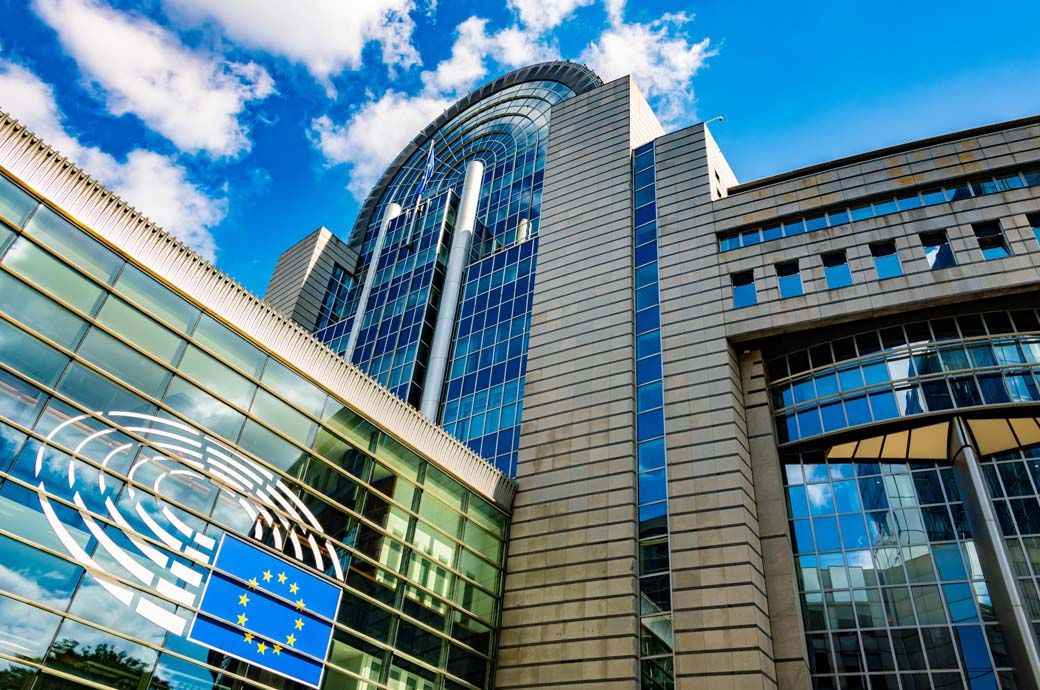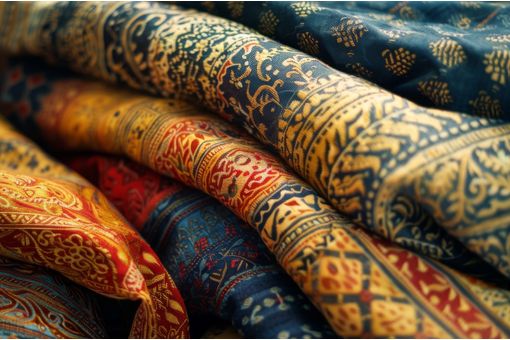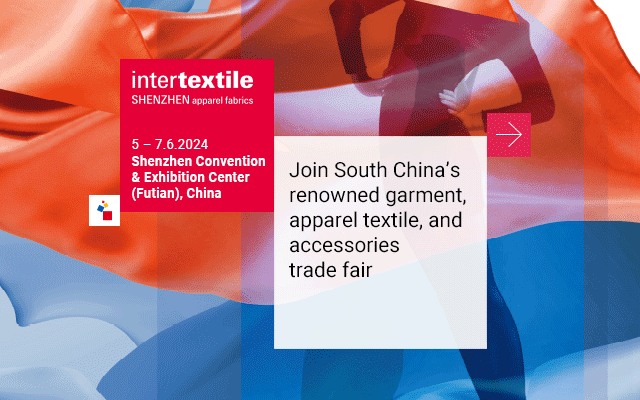EU Parliament approves ban on forced labour products

Insights
- European Parliament has endorsed a regulation to prohibit the sale, import, and export of goods made with forced labour within the EU single market.
- Authorities will investigate suspicious goods and manufacturers, with violators facing fines.
- The decision aims to eradicate forced labour from supply chains, reflecting EU's commitment to human rights in trade.
Under the new regulation, suspicious goods, supply chains, and manufacturers will face rigorous investigation. Once confirmed to have been produced using forced labour, these products will be barred from the EU market, with shipments intercepted at the borders, the EU Parliament said in a press release.
Crucially, decisions to probe into potential cases of forced labour will rely on concrete and verifiable evidence sourced from international organisations, collaborating authorities, and whistleblowers. Various risk factors and criteria, including the prevalence of state-imposed forced labour in specific economic sectors and regions, will guide these investigations.
Manufacturers found in violation of the ban will be required to withdraw their products from the EU single market and responsibly dispose of them through donation, recycling, or destruction. Non-compliant companies risk substantial fines. However, goods may be readmitted to the market once the offending company eradicates forced labour from its supply chains.
The regulation, which received overwhelming support with 555 votes in favour, 6 against, and 45 abstentions, awaits final formal approval from the EU Council before publication in the Official Journal. Implementation across EU member states is slated to begin in three years.
Rapporteur for the Internal Market committee, Maria-Manuel Leitão-Marques (S&D, PT) said: “Today, worldwide, 28 million people are trapped in the hands of human traffickers and states who force them to work for little or no pay. Europe cannot export its values while importing products made with forced labour. The fact that the EU finally has a law to ban these products is one of the biggest achievements of this mandate, and a victory for progressive forces.”
Rapporteur for the International Trade committee, Samira Rafaela (Renew, NL) said: “This is a historic day. We have adopted a ground-breaking piece of legislation to combat forced labour worldwide. This regulation fosters EU and international cooperation, shifts power from exploiters to consumers and employees, and offers possibilities for remedy for victims. It also transforms trade policies into a greener and fairer future.”
Fibre2Fashion News Desk (KD)
































-Ltd..jpg?tr=w-120,h-60,c-at_max,cm-pad_resize,bg-ffffff)





.jpg?tr=w-120,h-60,c-at_max,cm-pad_resize,bg-ffffff)
.jpg?tr=w-120,h-60,c-at_max,cm-pad_resize,bg-ffffff)






